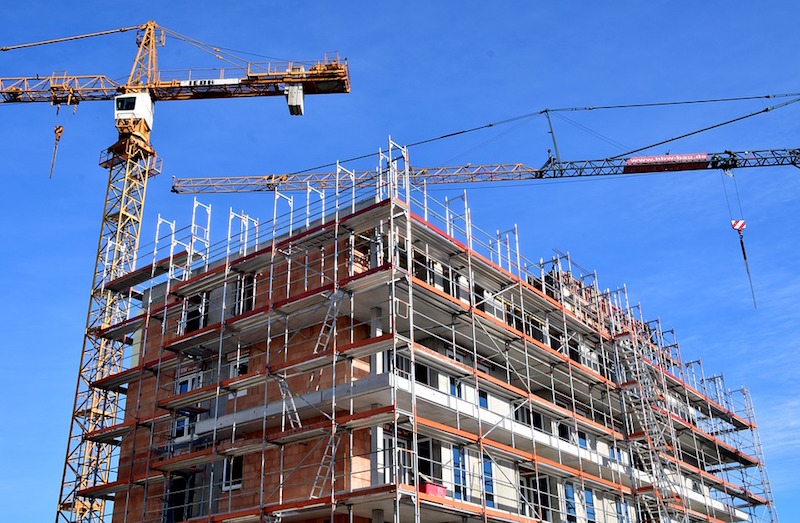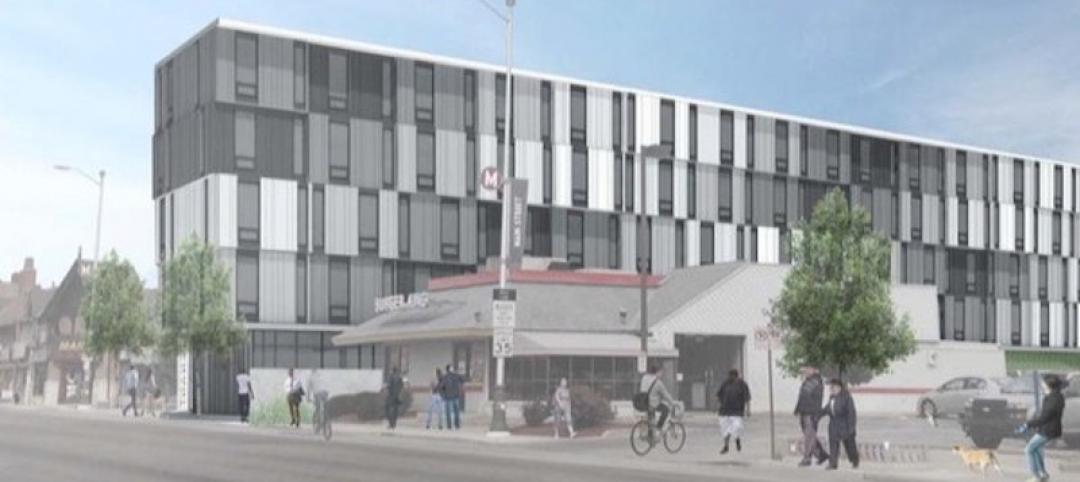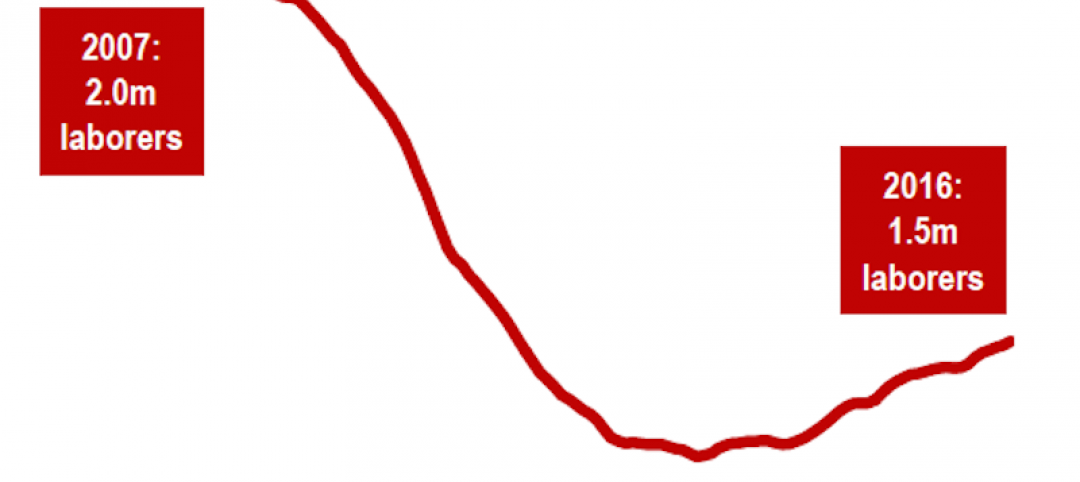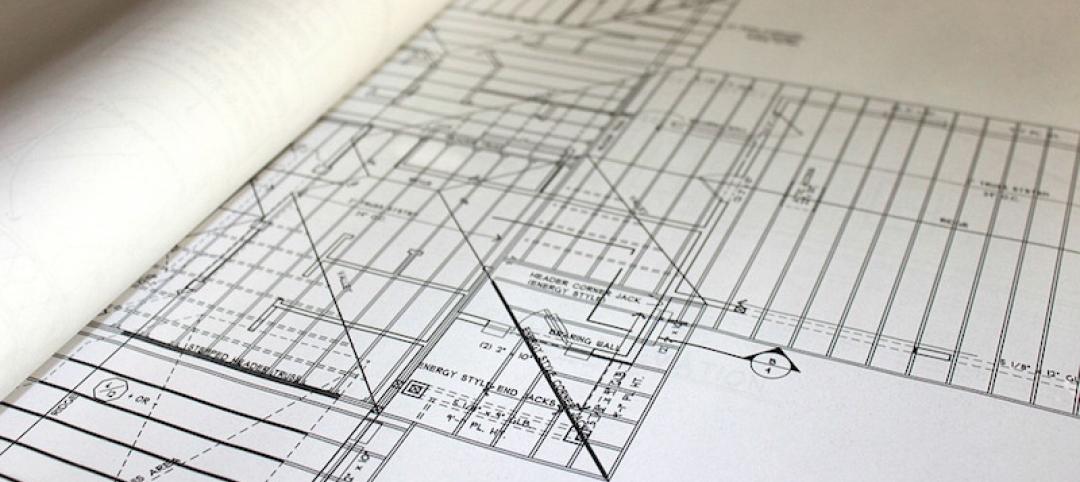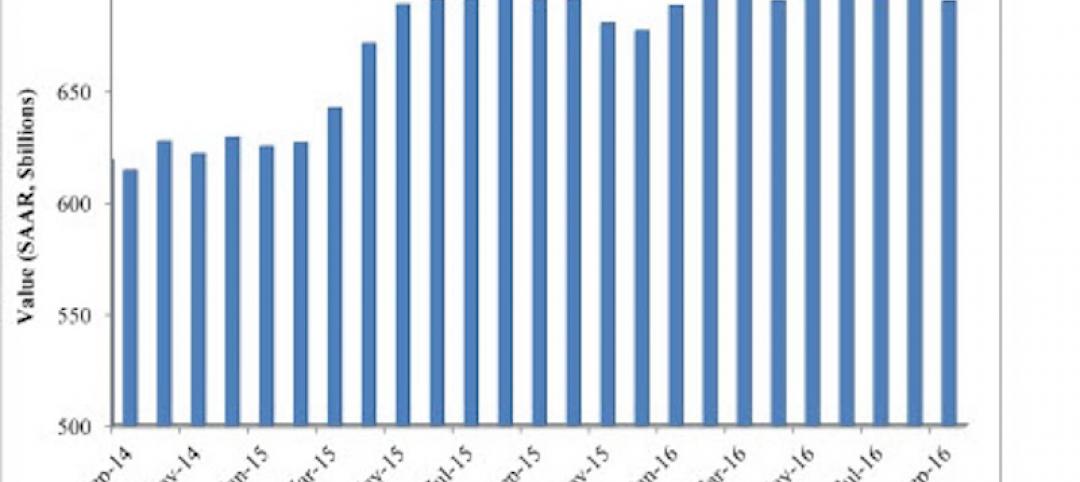Construction costs climbed again in March, with increases for a wide range of building materials, including many that are subject to proposed tariffs that could drive prices still higher and cause scarcities, according to an analysis by the Associated General Contractors of America of Labor Department data released today. Association officials warned that tariffs on some items might lead to project delays and cancellations if supplies become unobtainable or too expensive for current budgets.
"Prices increased for many items in March, even before tariffs announced for steel, aluminum and many items imported from China have taken effect," said the association's chief economist, Ken Simonson. "Steel service centers and other suppliers are warning there is not enough capacity at U.S. mills or in the trucking industry to deliver orders on a timely basis. Thus, contractors are likely to experience still higher prices as well as delivery delays in coming months."
The producer price index for inputs to construction industries, goods—a measure of all materials used in construction projects including items consumed by contractors, such as diesel fuel—rose 0.8% in March alone and 5.8% over 12 months. The year-over-year increase was the steepest since 2011, the economist noted.
"Many items contributed to the latest round of increases," Simonson observed. "Moreover, today's report only reflects prices charged as of mid-March. Since then, some tariffs have taken effect, many others have been proposed, and producers of steel and concrete have implemented or announced substantial additional increases."
From March 2017 to March 2018, the producer price index jumped by 13.7% for lumber and plywood, 11.4% for aluminum mill shapes, and 4.9% for steel mill products. The U.S. has been in a dispute with Canada over lumber imports, has imposed tariffs on several types of steel and has announced or recently imposed additional tariffs—not reflected in the March price index—on steel, aluminum and numerous Chinese construction products.
Other construction inputs that rose sharply in price from March 2017 to March 2018 include diesel fuel, 39.7%; copper and brass mill shapes, 11.2%; gypsum products, 8.4%; and plastic construction products, 5.8%. In addition, concrete and other suppliers announced significant price hikes that were due to take effect in April.
Construction officials said the tariffs that have been announced have already triggered a surge of orders that mills say they cannot fill on a timely basis, which will create budget problems, delays and possibly cancellations for infrastructure and other public projects. They said adequate funding of infrastructure would be a better way to foster demand for domestic steel and aluminum without harming contractors.
"Tariffs will harm contractors that are currently working on projects for which they have not bought materials and will disrupt budgets for future construction," said Stephen E. Sandherr, the association's chief executive officer. "The best way to help the U.S. steel and aluminum sector is to continue pushing measures, like regulatory reform and new infrastructure funding, that will boost demand for their products as the economy expands."
View producer price indexes for construction.
Related Stories
Market Data | Nov 30, 2016
Marcum Commercial Construction Index reports industry outlook has shifted; more change expected
Overall nonresidential construction spending in September totaled $690.5 billion, down a slight 0.7 percent from a year earlier.
Industry Research | Nov 30, 2016
Multifamily millennials: Here is what millennial renters want in 2017
It’s all about technology and convenience when it comes to the things millennial renters value most in a multifamily facility.
Market Data | Nov 29, 2016
It’s not just traditional infrastructure that requires investment
A national survey finds strong support for essential community buildings.
Industry Research | Nov 28, 2016
Building America: The Merit Shop Scorecard
ABC releases state rankings on policies affecting construction industry.
Multifamily Housing | Nov 28, 2016
Axiometrics predicts apartment deliveries will peak by mid 2017
New York is projected to lead the nation next year, thanks to construction delays in 2016
Market Data | Nov 22, 2016
Construction activity will slow next year: JLL
Risk, labor, and technology are impacting what gets built.
Market Data | Nov 17, 2016
Architecture Billings Index rebounds after two down months
Decline in new design contracts suggests volatility in design activity to persist.
Market Data | Nov 11, 2016
Brand marketing: Why the B2B world needs to embrace consumers
The relevance of brand recognition has always been debatable in the B2B universe. With notable exceptions like BASF, few manufacturers or industry groups see value in generating top-of-mind awareness for their products and services with consumers.
Industry Research | Nov 8, 2016
Austin, Texas wins ‘Top City’ in the Emerging Trends in Real Estate outlook
Austin was followed on the list by Dallas/Fort Worth, Texas and Portland, Ore.
Market Data | Nov 2, 2016
Nonresidential construction spending down in September, but August data upwardly revised
The government revised the August nonresidential construction spending estimate from $686.6 billion to $696.6 billion.


